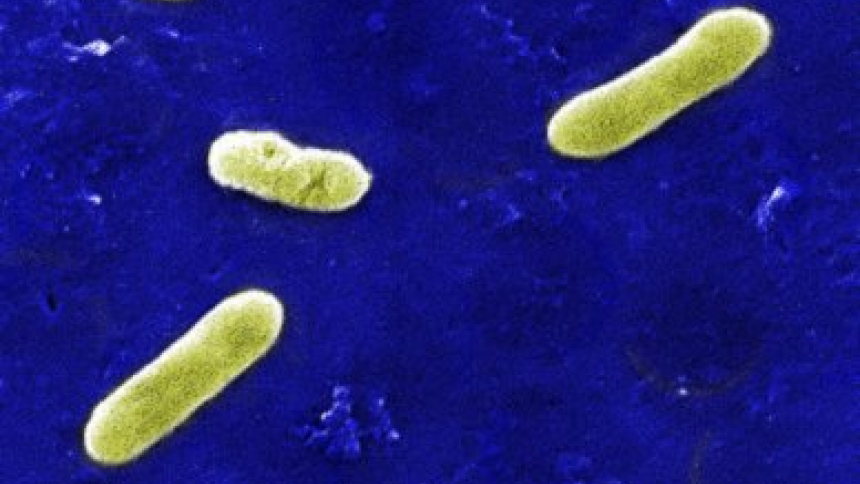Bordetella pertussis and Bordetella parapertussis are two closely related human pathogens that cause whooping cough in humans. Despite widespread use of an acellular vaccine against B. pertussis, B. parapertussis prevalence has been increasing. Previous research has shown that O-antigen, an important virulence factor produced by B. parapertussis but not B. pertussis, mediates prevention of antibody binding to vaccine antigens and thus enables the increase of B. parapertussis in highly vaccinated populations.
In recent work by CIDD researcher Eric Harvill and colleagues, B. parapertussis was shown to survive in human macrophages in the absence of opsonizing antibodies by altering phago-lysosomal fusion in an O-antigen dependent manner. Previous work had shown that O-antigen interaction with cholesterol-rich domains was crucial for B. parapertussis survival intracellularly in neutrophils, and here researchers showed that cholesterol-rich domains are important for B. parapertussis uptake and survival in macrophages via an O-antigen dependent mechanism. Lastly, intracellular B. parapertussis was shown to be able to access essential extracellular nutrients (transferrin) in an O – antigen specific manner. The B. parapertussis O-antigen thus serves a dual role of preventing vaccine antibodies from controlling B. parapertussis infection and enabling increased intracellular survival of B. parapertussis in macrophages.
The researchers recommended the need for a new generation of vaccines to induce proper immunity against B. parapertussis and thus aid in controlling whooping cough disease. The findings were published in the September issue of Infection and Immunity and can be accessed here: http://iai.asm.org/content/82/12/5175.full.
Synopsis written by Liron Bendor.
Publication Details
Gorgojoa J, Harvill ER, & Rodriguez ME
Bordetella parapertussis survives inside human macrophages in lipid raft-enriched phagosomes
Journal: Infection and Immunity
82: 5175-5184
DOI Reference




